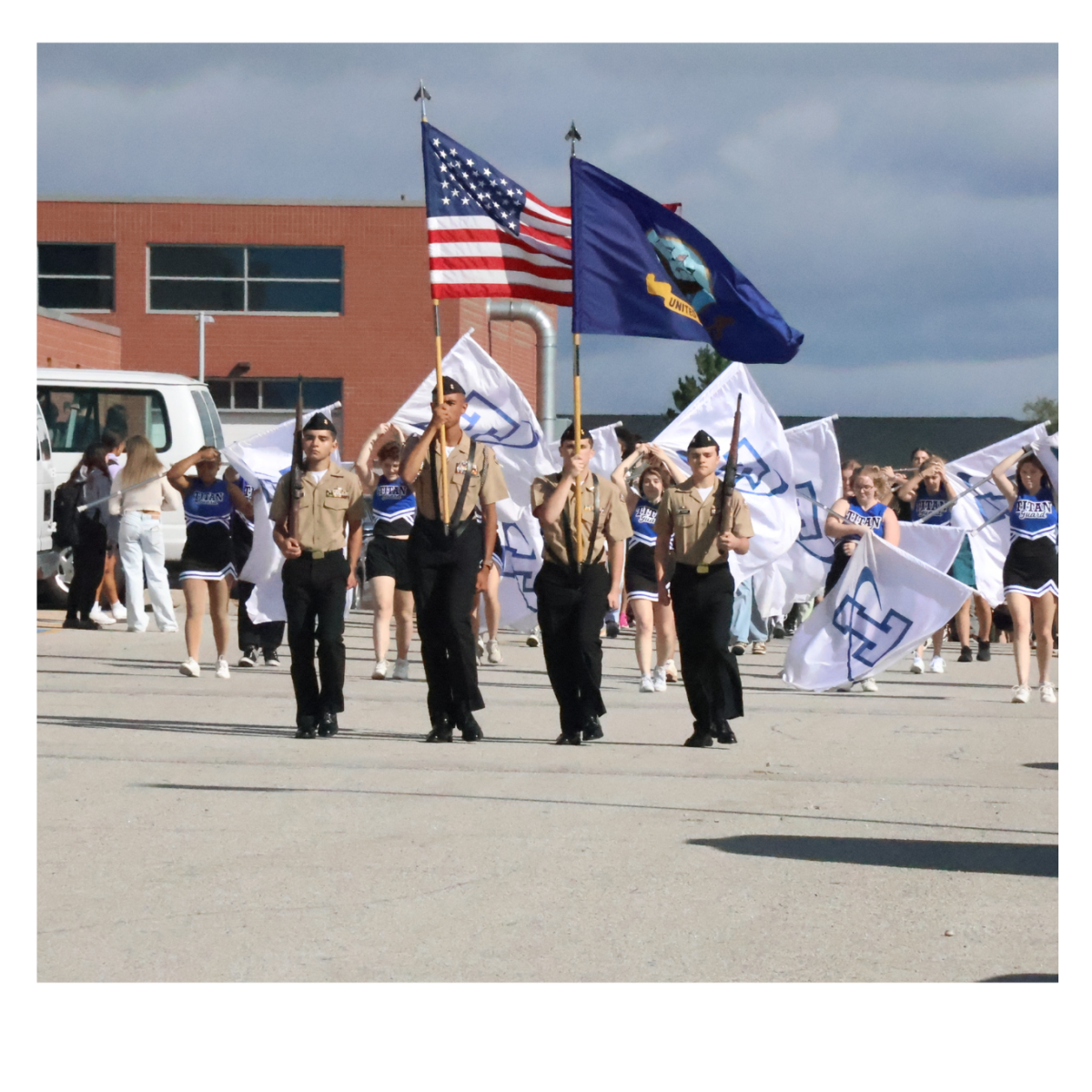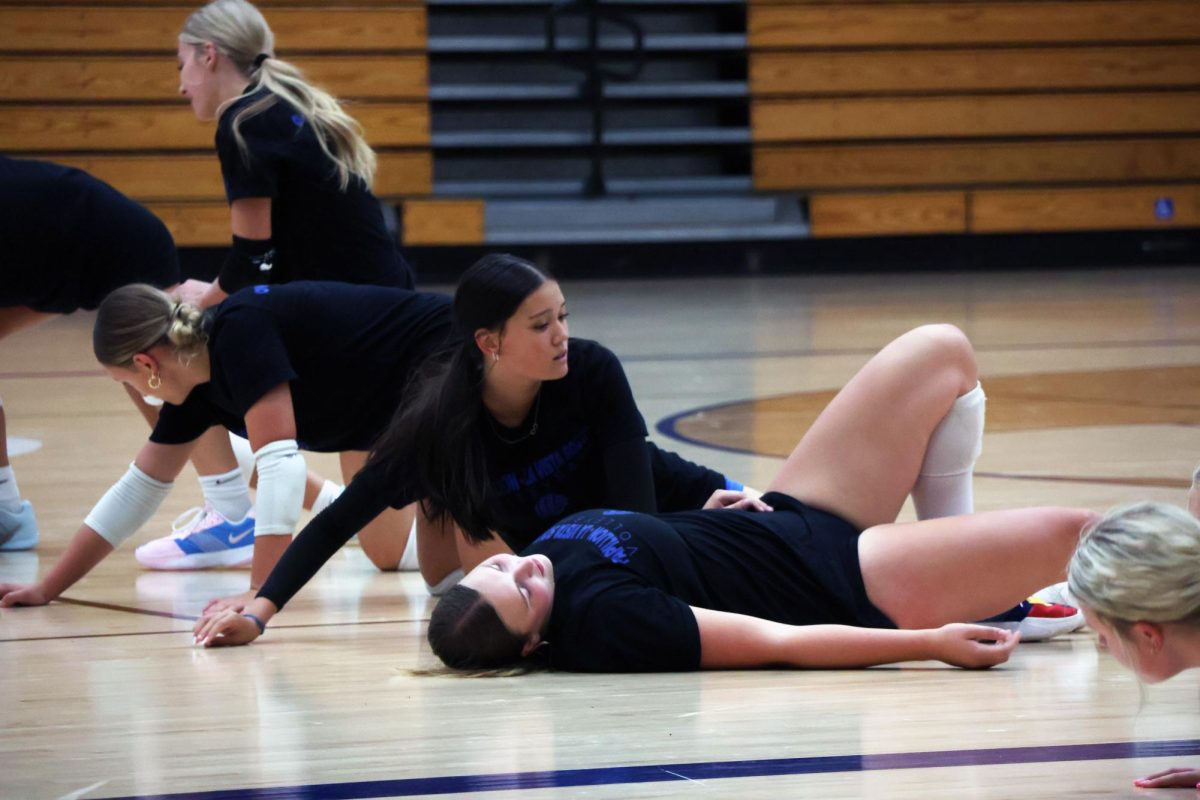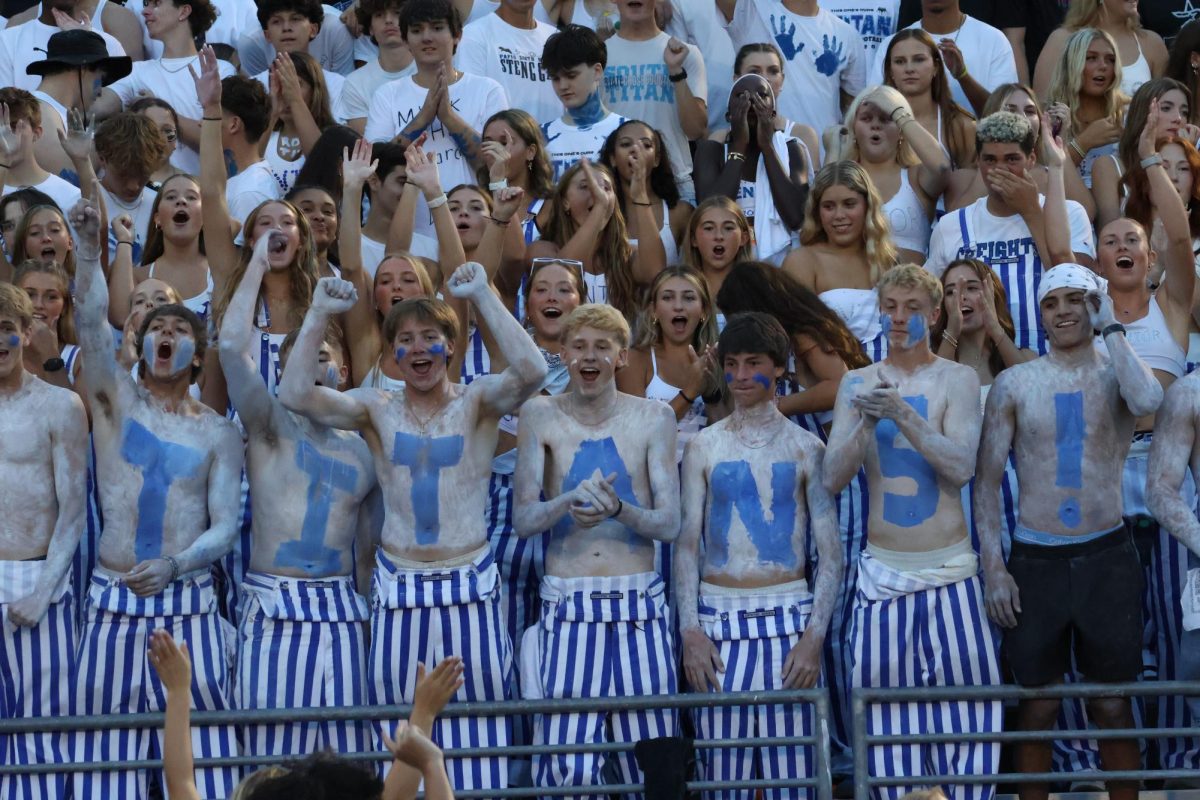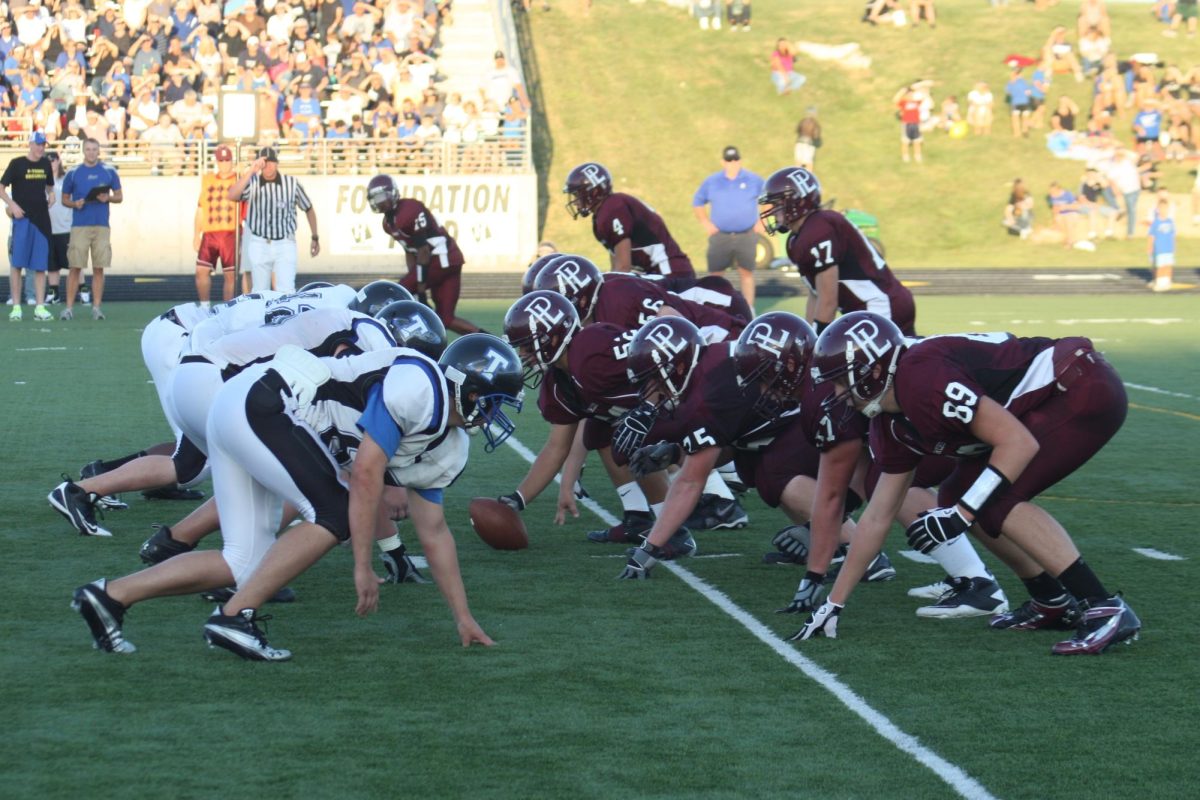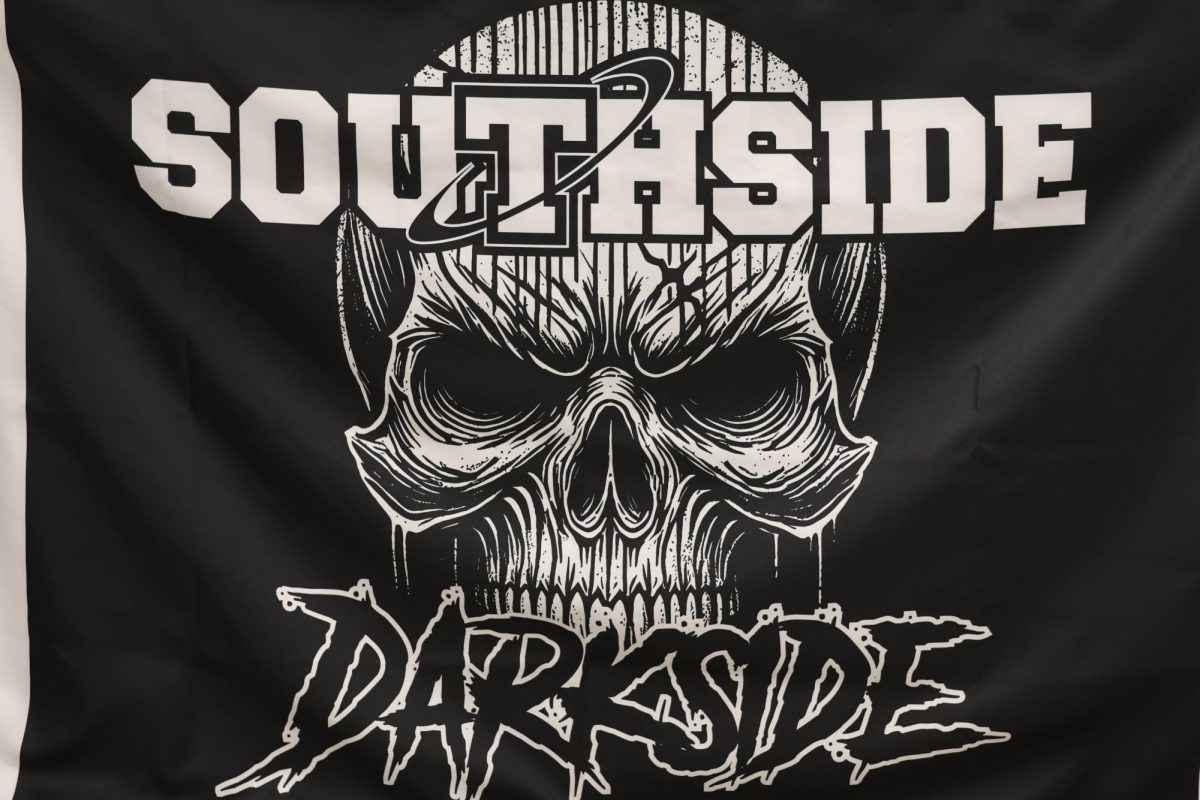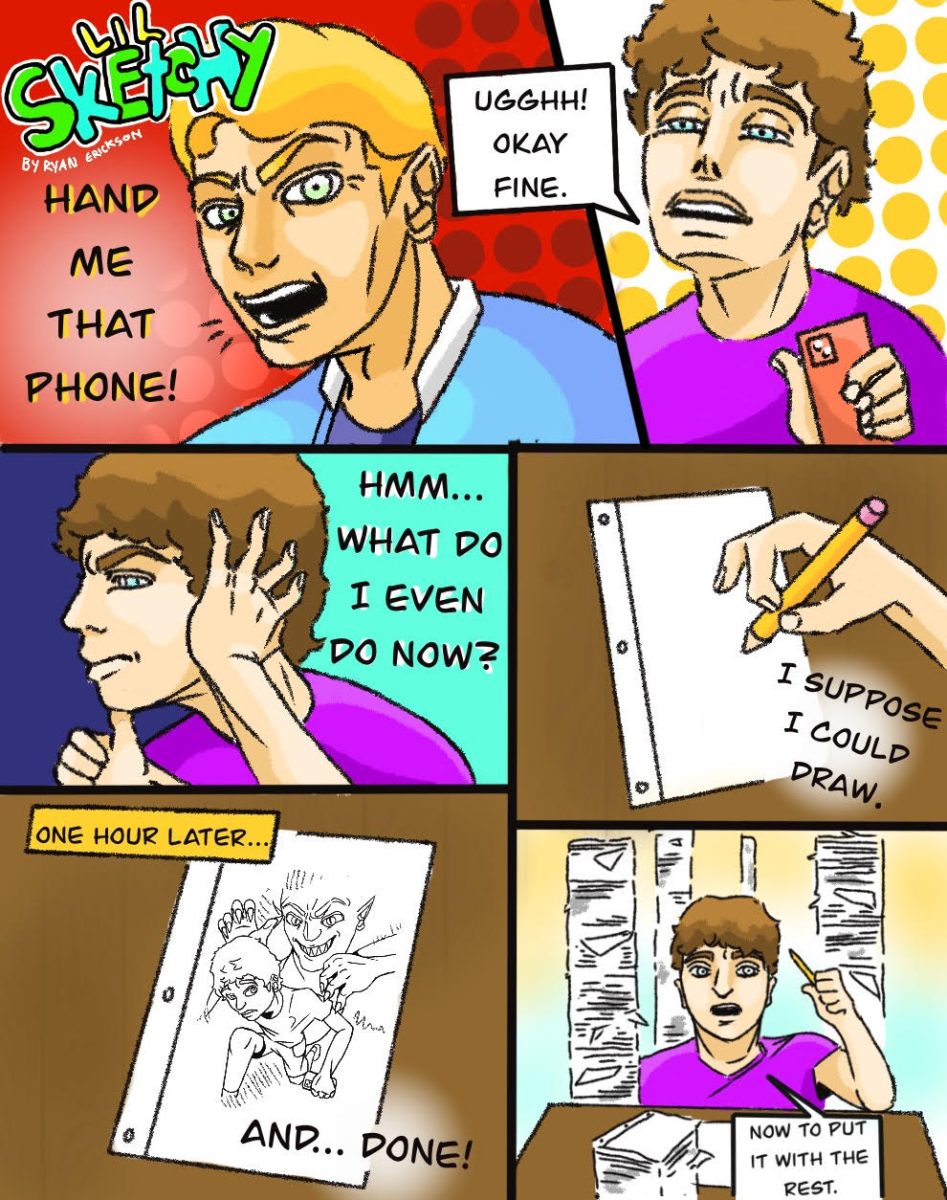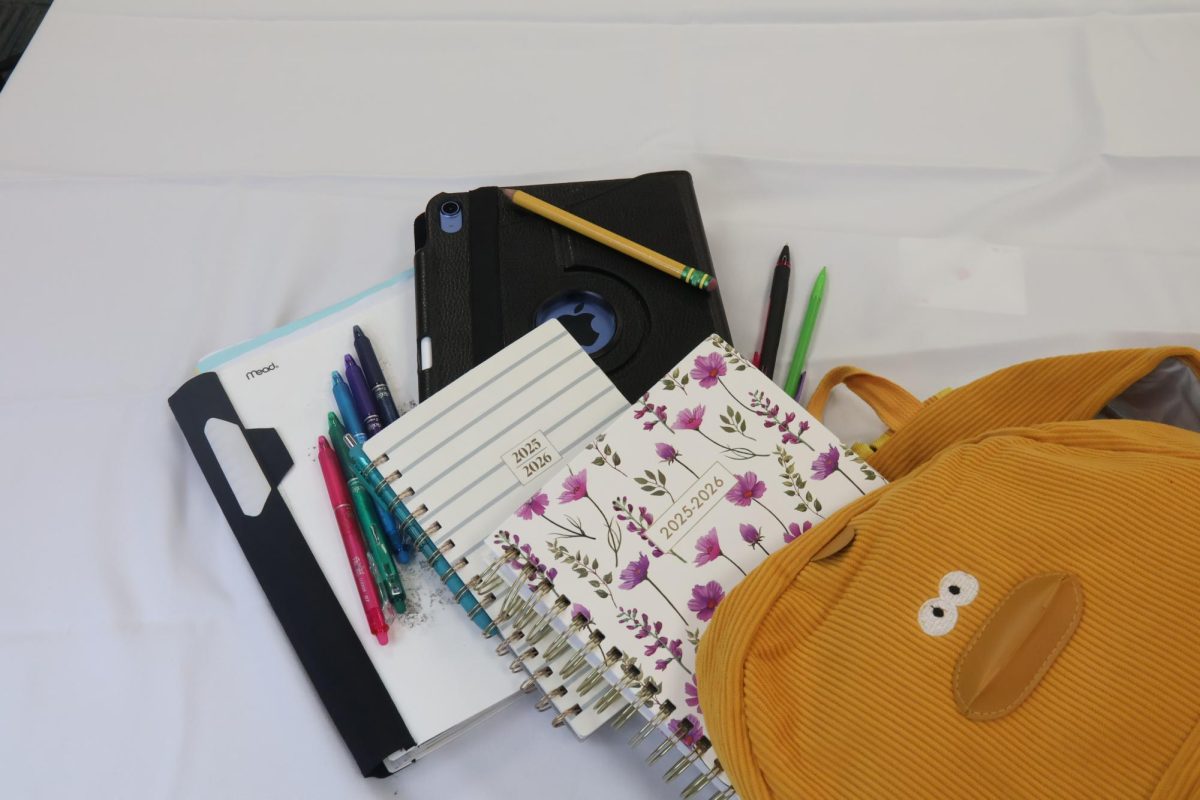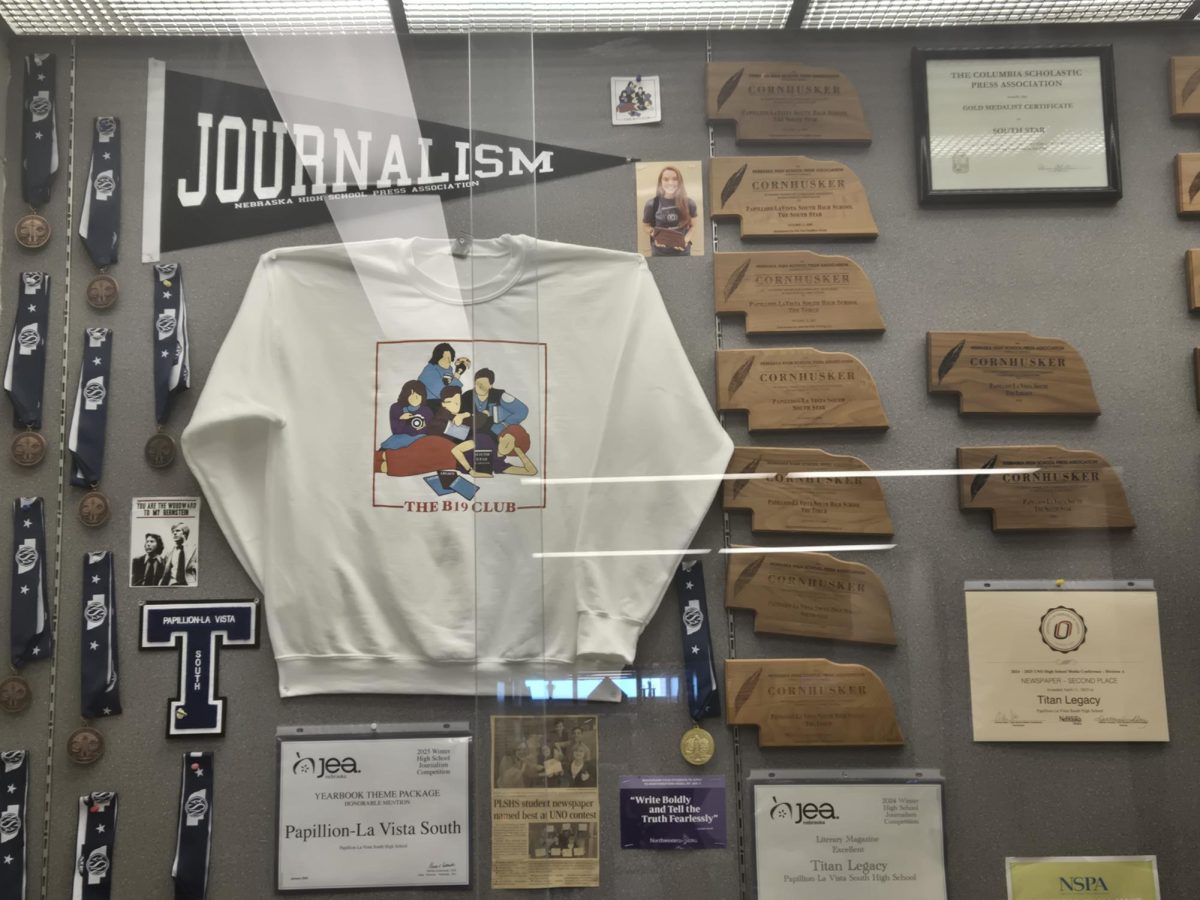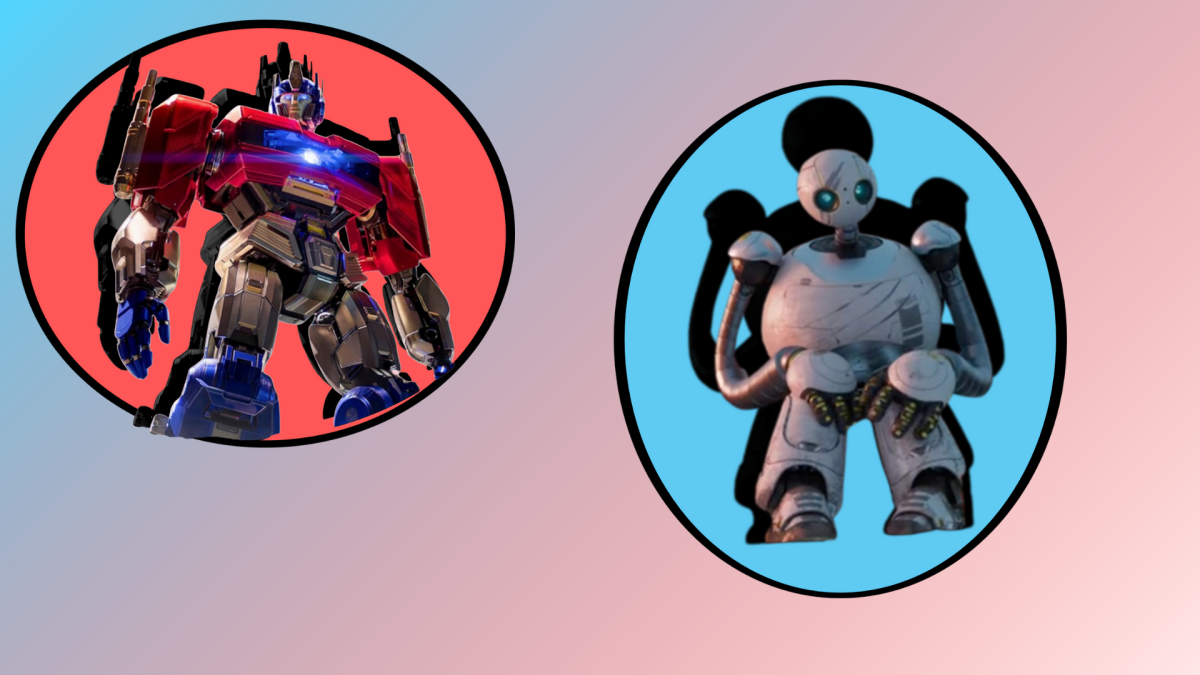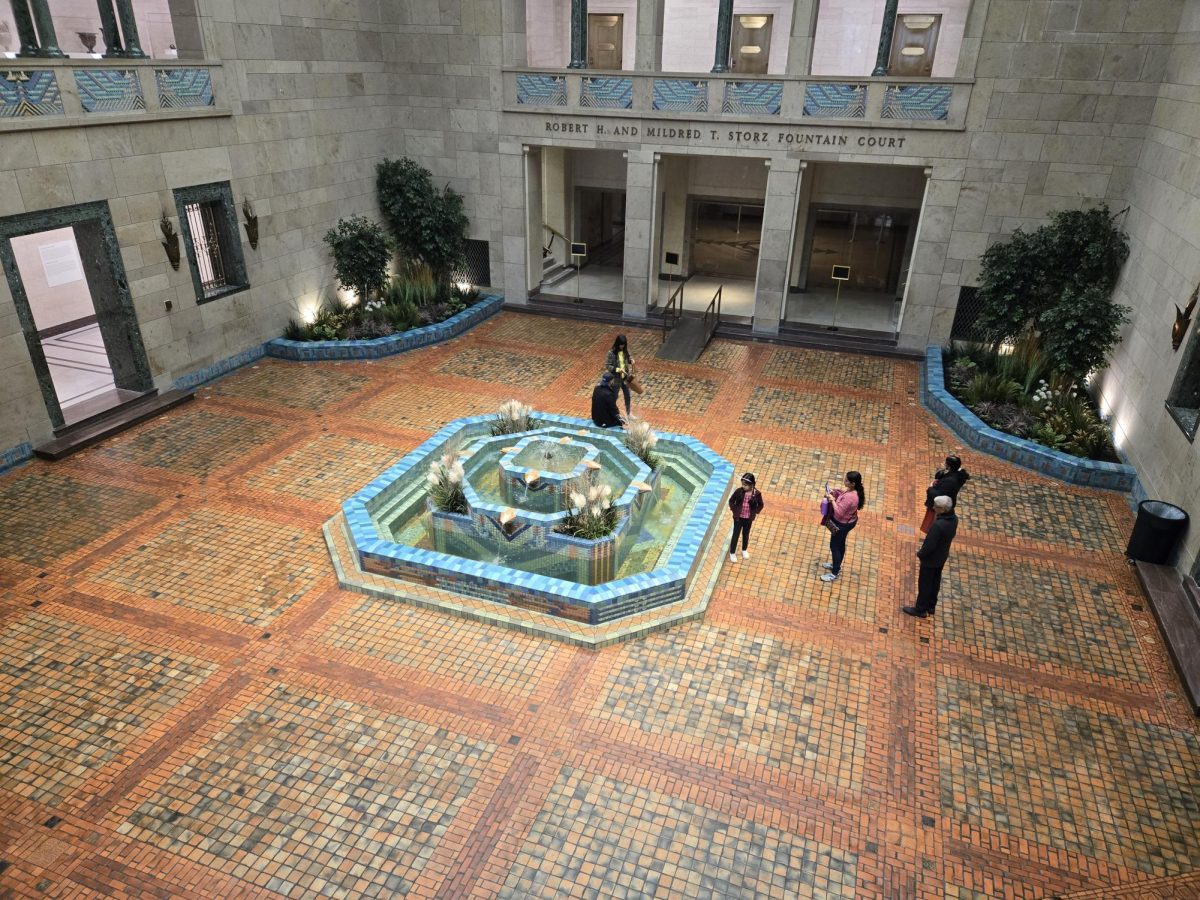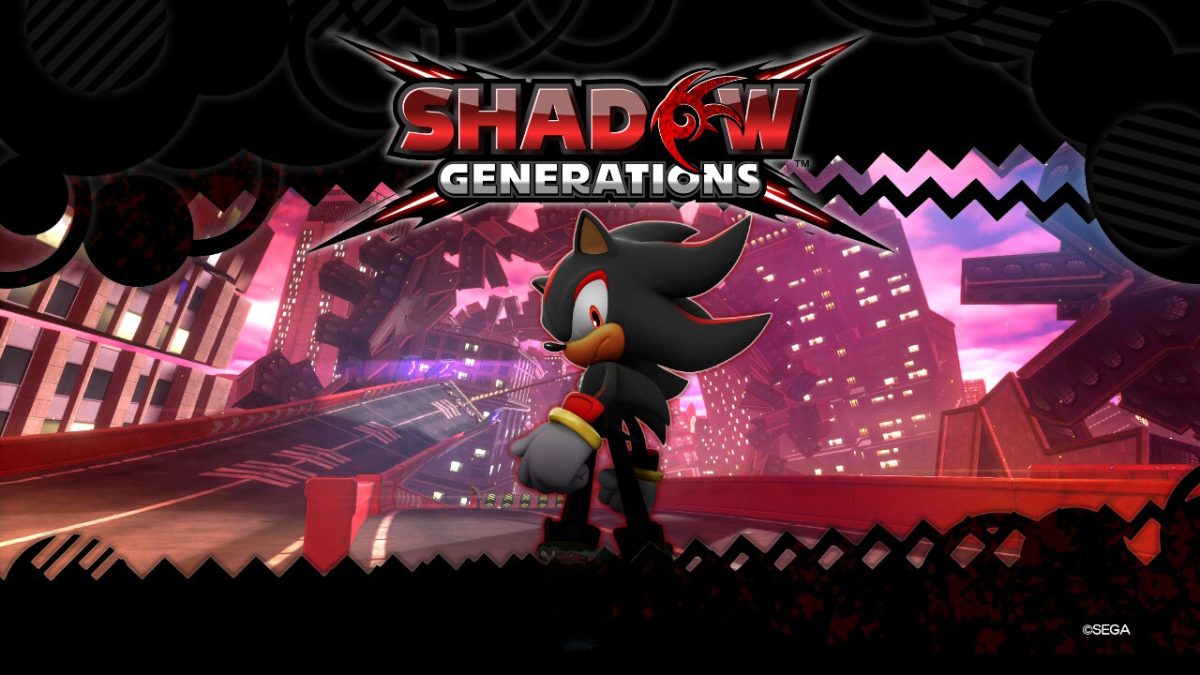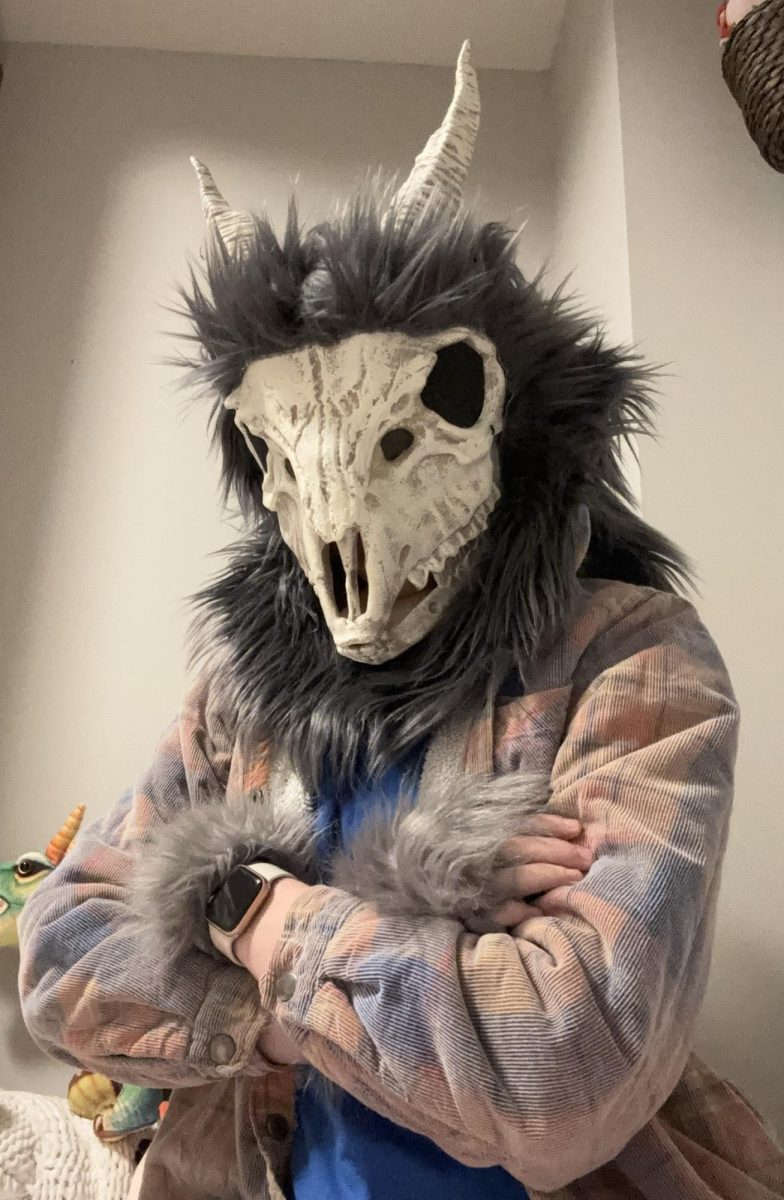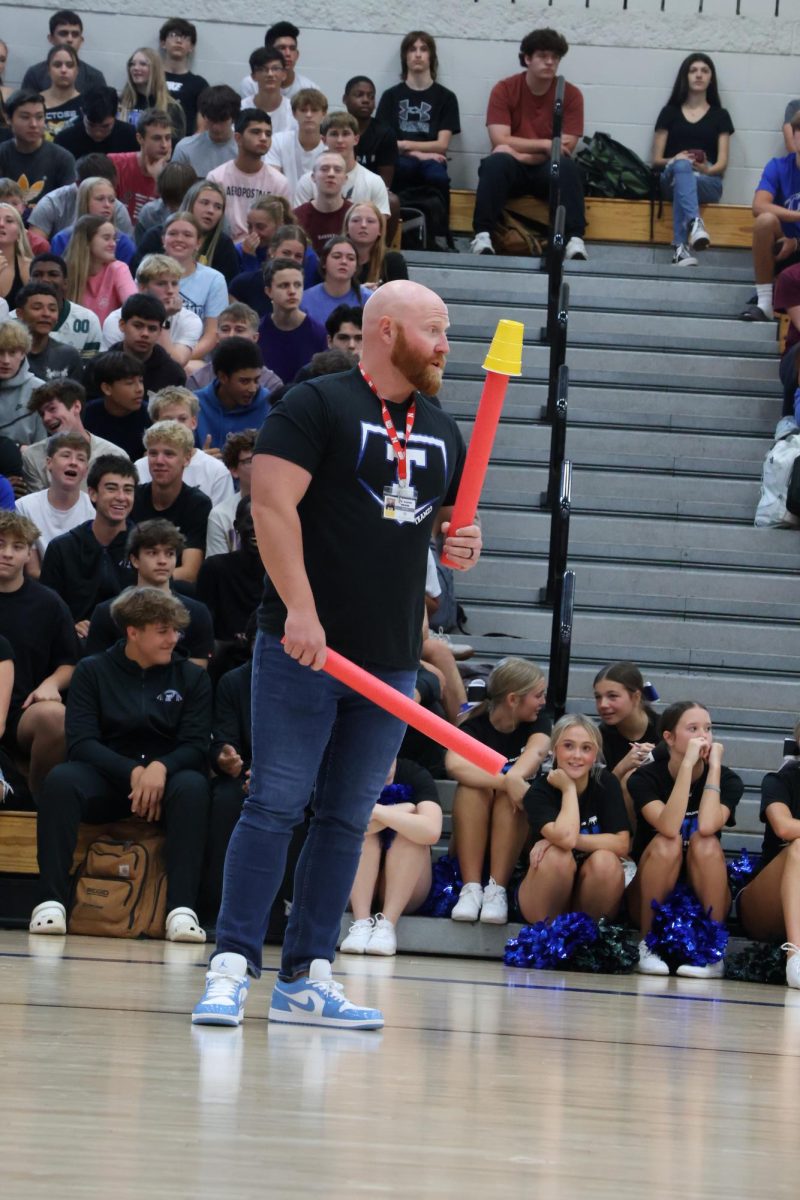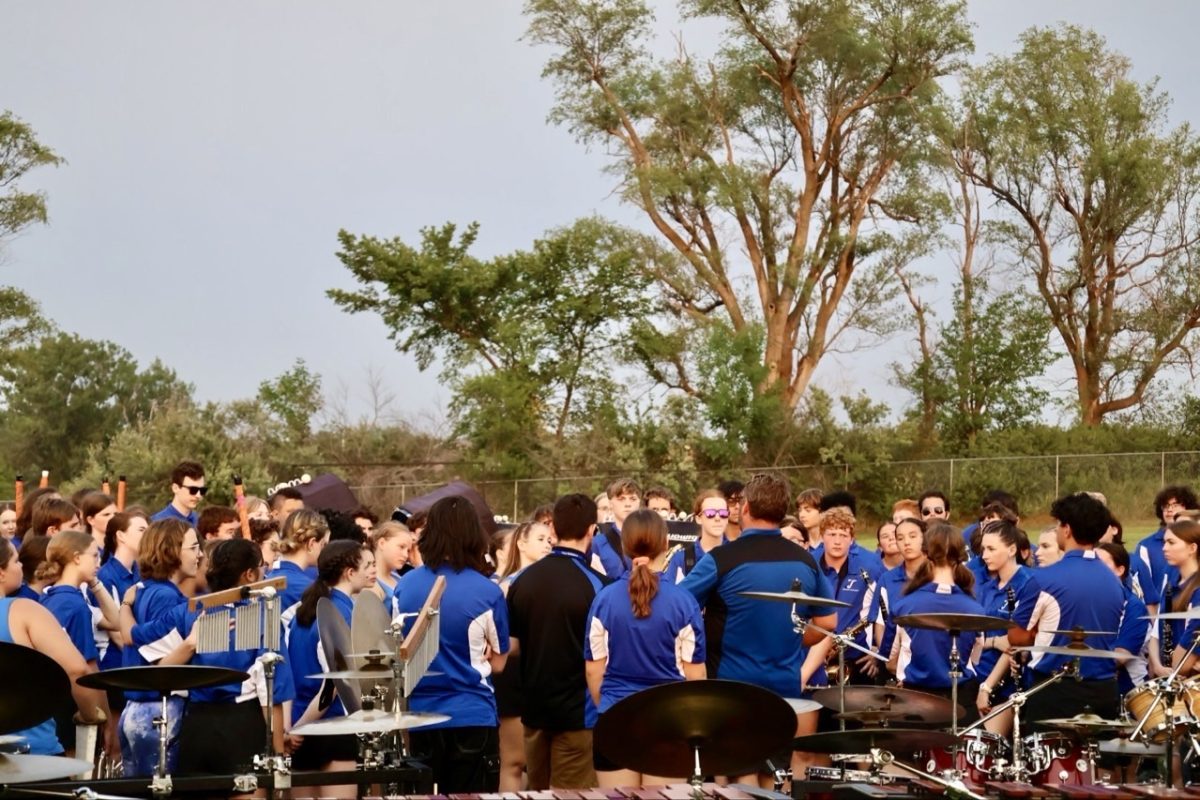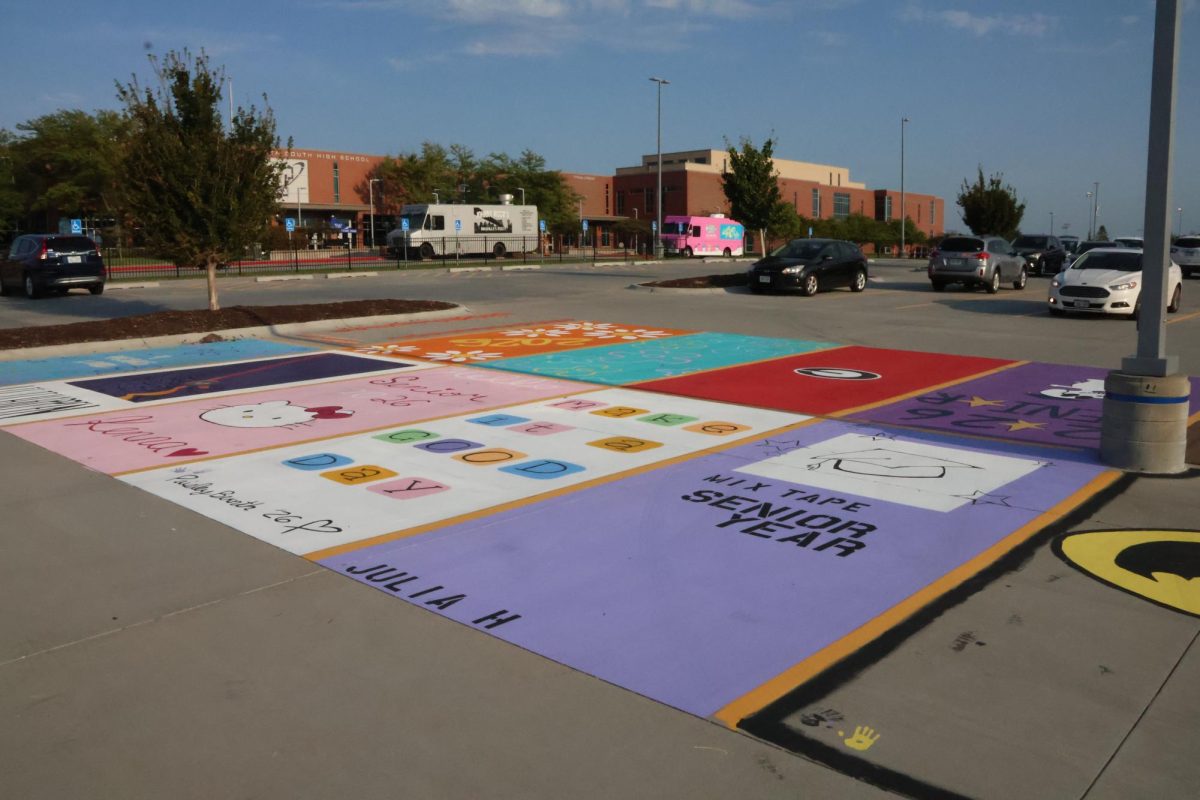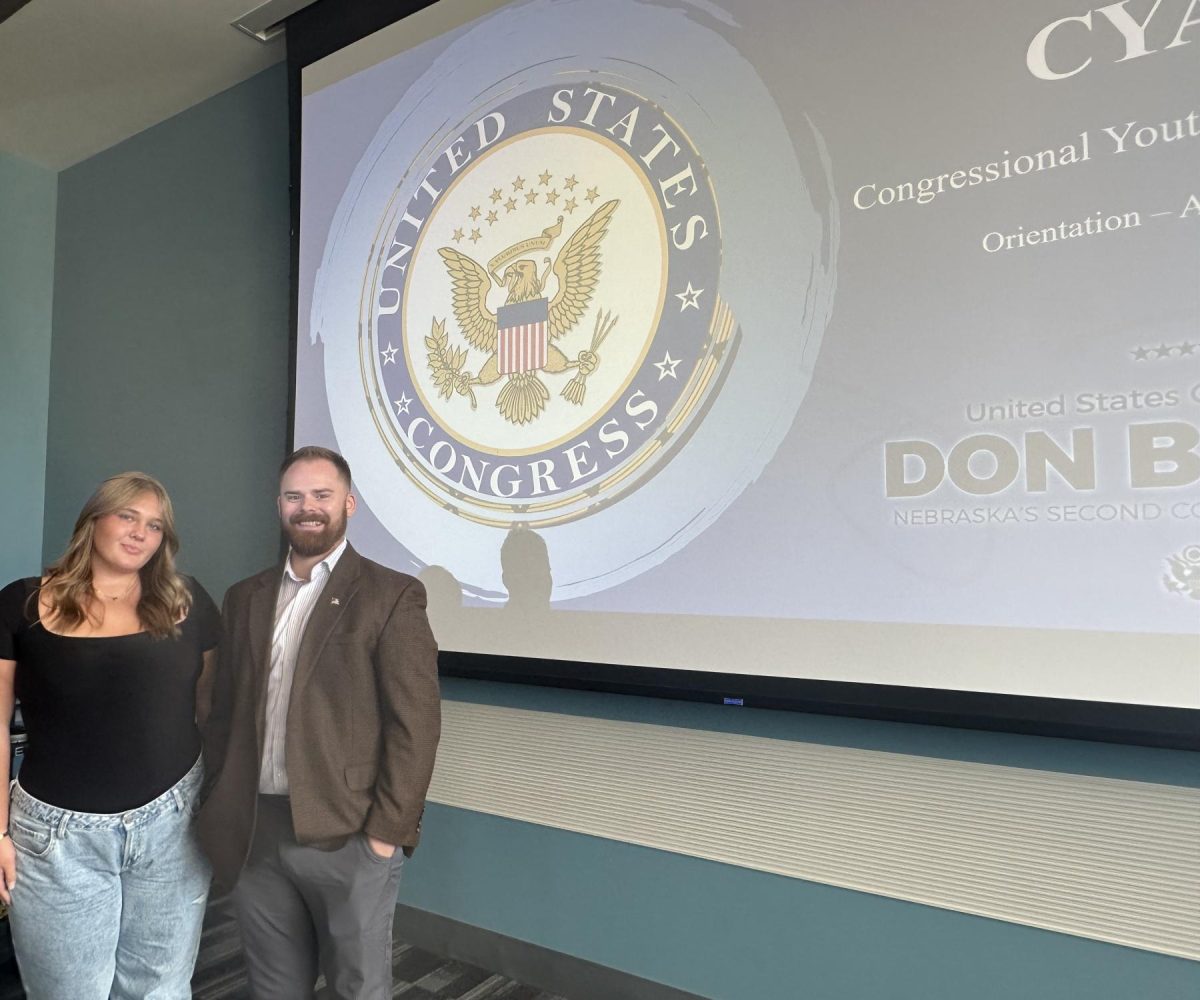Poems have kept students under pressure from the beginning of the year. The poem called “the Canterbury Tales” by Geoffrey Chaucer is a medieval poem which high school senior students have to memorie line by line for their first ever summative grade.
The four paragraph poem has little modern english so there’s little room to try and wiggle your way out of the tough language. Goecke knows this and says that “Words get messed up because we’re memorizing the sounds opposed to the words.”
But Goecke persits, even saying that “Its really good for us to memorize things… Studies show its really good for the brain to do this.” And behind all the studies and all the stress Goecke has his students do it because it’s fun.
Funny moments like when someone said misgendered instead of engendered is only one of the many moments that brought students closer together. Goecke also says “When we put some of todays words in place of the words from the poem, that gets pretty funny.”
Even then the usual stand up and recite names can be helpful to figure out the names and personalities of people in your class. But if you mess up not only can it be awkward but also stressful. It’s something everyone goes through in school but Pete Goecke has been redefining that for over thirteen years now. “This is the first time where we have to put ourselves in an uncomfortable situation in the class.” Goecke states.
Instead of making a culture where icebreakers stress students and can leave a bad taste and even a hostile environment he wants it to leave a good first impression. He wants to make a culture in his class where people can share opinions easily. And how “It should be a place where we get to try new things and think differently from a different perspective.”
This also wont be the last time Honors British Literature will be conducting a public class speech. Later in the year students can expect the Trial of Satan to occur. Where students moral values will be fought all to better understand the world we live in today and the world that is our past.


![Pictured above is a structure that displays the names of Nebraska Vietnam veterans in order to “honor [their] courage, sacrifice and devotion to duty and country.”](https://plsouthsidescroll.com/wp-content/uploads/2025/10/Trey_092625_0014-e1760030641144-1200x490.jpg)
